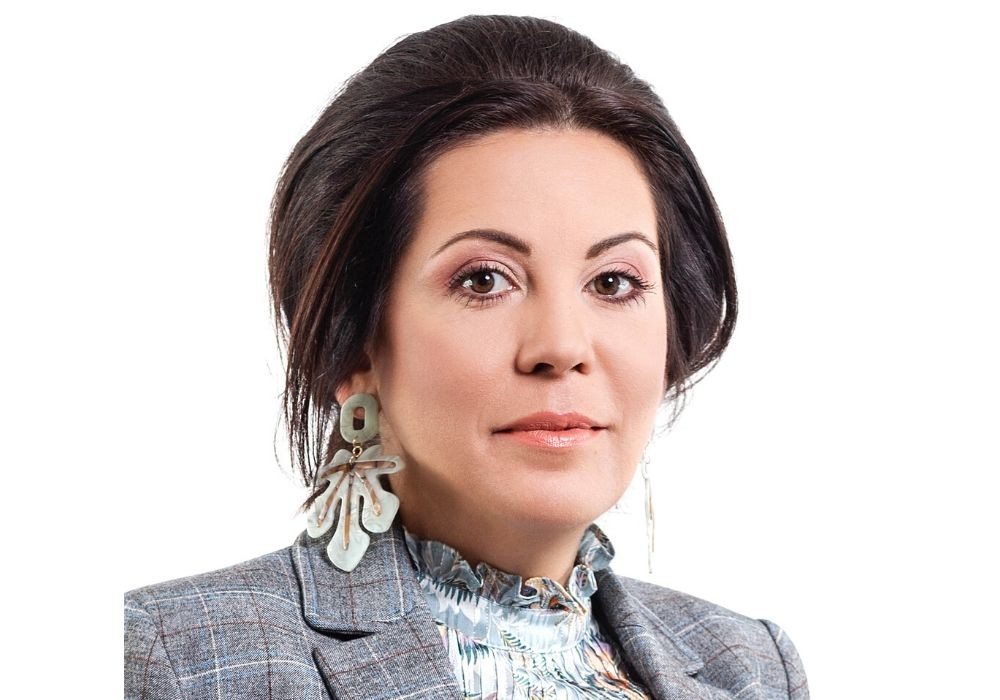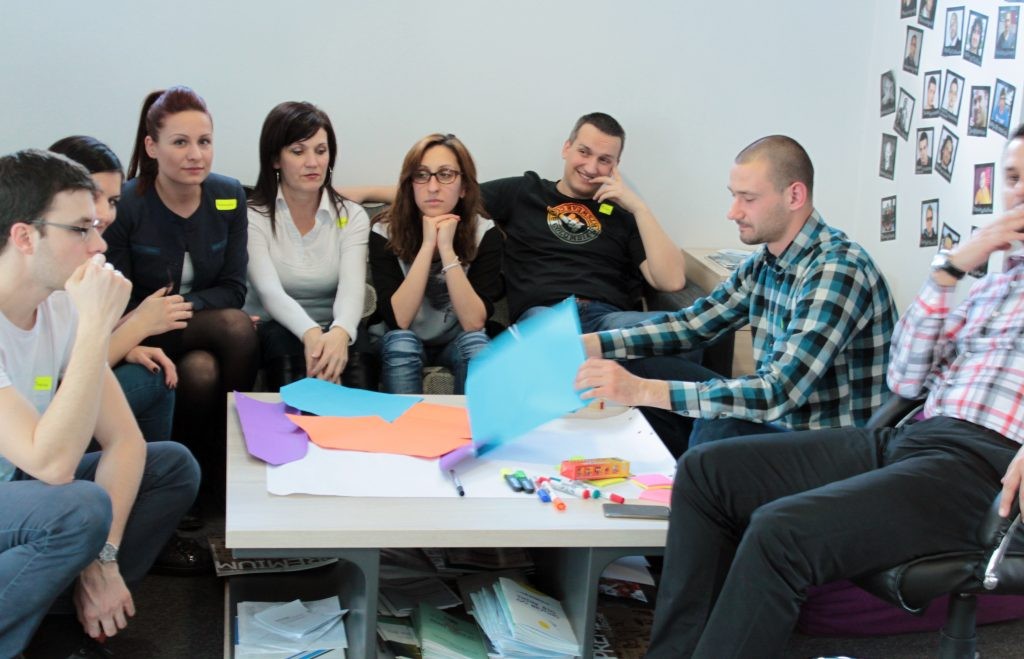Start-up capital is one of the first challenges every entrepreneur who decides to fulfill his idea of a new product or business faces. In order to receive assistance from the increasingly popular start up accelerator programmes, entrepreneurs have to present not only their own idea of a product, but also prove its profitability and the possibility of a quick return after the release of the product on the market. This is the main factor which determines whether the project will be financed, says Leona Aslanova who represents a fund which focuses on companies inventing products that improve people’s lives and ensure healthy lifestyle.
“Start-up accelerators are the smallest companies providing between EUR 10,000 to EUR 60,000 to start-up companies, to those who are yet to register as commercial companies or companies who have been active from 1 to 3 years”, Leona Aslanova explains.

“Our accelerator programme emerged amidst the crisis, because we realized that the small and medium-sized businesses in Bulgaria will be very seriously affected. We wanted to help this business think about innovations and change its business model or ideas, in order to adapt and survive in times of uncertainty. Now we are already moving to a traditional accelerator programme whose ambition is to become the biggest in Bulgaria and to finance between 15 and 20 start-up companies in this country for at least 15 consecutive years, in order to “load” the Bulgarian market with innovations”.
Competition between the ideas that are fighting for funding is severe and the criteria are strict.

“Candidates go through a series of trainings and receive multiple tasks. Some of them cannot keep up. It is a matter of natural selection. We accept 20 companies in the spring and 20 in the autumn and only five of them receive funding. It is very important that a strong team stands behind the project and the company has a properly built business model.”
There are some priority sectors where projects run bigger chance of receiving financing.
“The sectors in Bulgaria where innovations can be made are important. From our point of view, these are sectors where know how has been built for years, there is sufficient workforce, the university degree of the staff is relatively good and there is a large number of related companies with supply chains. That is why we have focused our attention on the food industry. In our view, healthcare, communications and the digital sector are also wonderful sectors for innovation in Bulgaria.”

However, companies can win financial support with other type of products, as long as they improve people’s lives and make them easier. For instance, three young Bulgarians invented healthy candies containing Lactobacillus and Probiotic, as well as traditional tastes of honey, roses and yoghurt and as a result, their idea received financing from the fund. The idea about these candies was born just before the state of emergency. Soon, you are to learn more details in a special article.
Compiled by: Yoan Kolev /Based on article in BNR's Horizont Channel/
English version: Kostadin Atanasov
Photos: innovationstarterbox.bgIn the space of 15 years, from 2005 until 2020, 75% of the farms in the country have disappeared – from 500,000 in 2005 down to 132,000 in 2020, said Prof. Dr. Bozhidar Ivanov, Director of the Institute of Agrarian Economics at an international..
In October 2024, the total business climate indicator decreased by 5.6 percentage points compared to September, dropping from 22.5% to 16.9%. The index declined in all monitored sectors, the National Statistical Institute announced. In industry, the..
Petar Ganev , senior researcher at the Institute for Market Economics announced, for the BNR, the publication of their white paper of the Bulgarian economy – Unlocking growth: the road ahead after the election. “Concord should be sought and..
The final price at which Bulgargaz will sell natural gas in December to end suppliers and to persons with a license for the production and transmission..
Urgent reform of Bulgaria's planning districts is needed, local authorities insist.The current regionalization shows increasing economic imbalances in..

+359 2 9336 661
